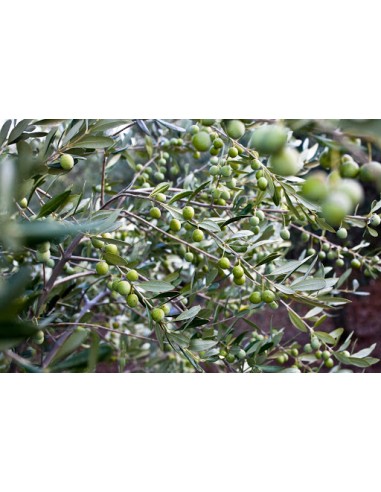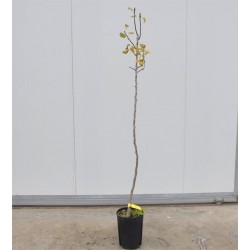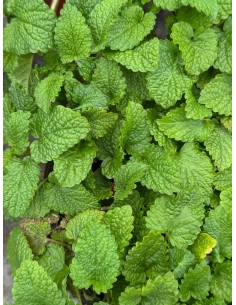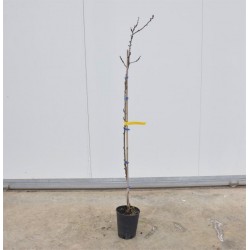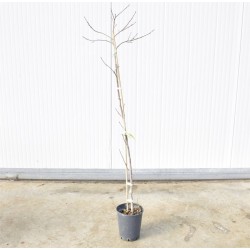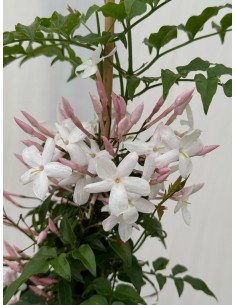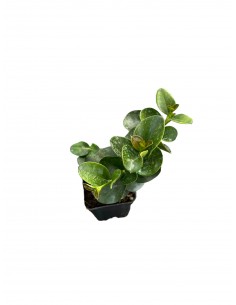'Pasola' olive tree
Generalities:
Pasola is a variety of olive trees with high productivity, has medium-large fruit, used both as a table fruit and for the production of oil. Medium-sized plant with lanceolate leaves. Abortion of the ovary about 20%. The fruit, of medium-large size, takes on a blackish color when ripe. The variety is self-sterile, productive and not very demanding as regards the climate and the soil. The olives are used both for the extraction of oil and for the preparation of natural black olives (treatment with salt or brine). The resistance to common plant parasites is not high, as well as poor towards the fly. Sporadica is its cultivation in our territory.
On-line Sale of the Pasola olive tree, available in the following sizes:
- Vase 22cm, height: 150/170cm
Generalities:
Pasola is a plant with an expansive, rising growth habit, with a medium thick crown, characterized by high vigor and high but alternating productivity. It is sporadic in the olive groves of all the Apulian provinces, especially on the border with Basilicata. The oil yield is high with a medium light fruity flavor product with light bitter and spicy notes. The pasola olive is prepared with a method called "water". Pasola olive is harvested green and placed in a large clay pot, and covered with water. Daily, for a month, you have to change the water.
Cultivation and Care:
The Pasola Olive Tree, more than the minimum winter temperatures, however, fears the sudden changes in temperature that can cause splits in the trunks and branches. Some parts of the plant are particularly sensitive to the action of frost: the leaves, the buds and the bark. The latter is torn not only in the twigs, but also in the larger branches and in the trunk. The olive tree is a plant that prefers arid environments while it fears excessive humidity, except in spring, in correspondence with the maximum vegetative activity. Calcareous and dry soils are ideal, but good productions can also be had well in clayey soils, if well drained, and in sandy soils, as long as they are sufficiently irrigated.

